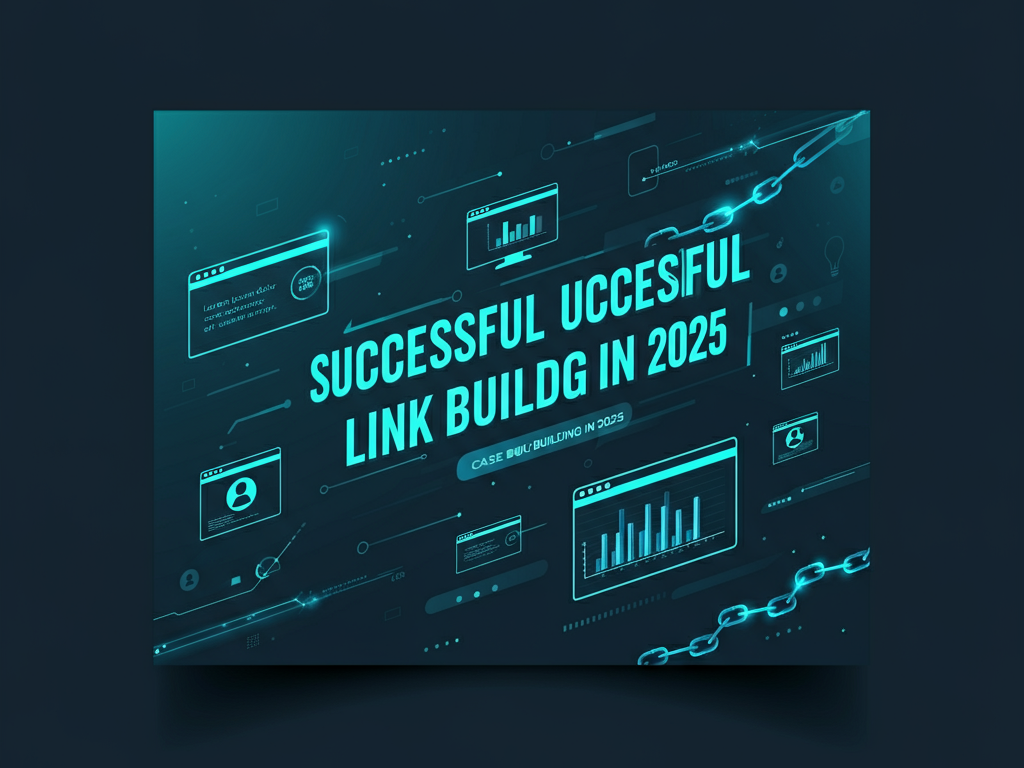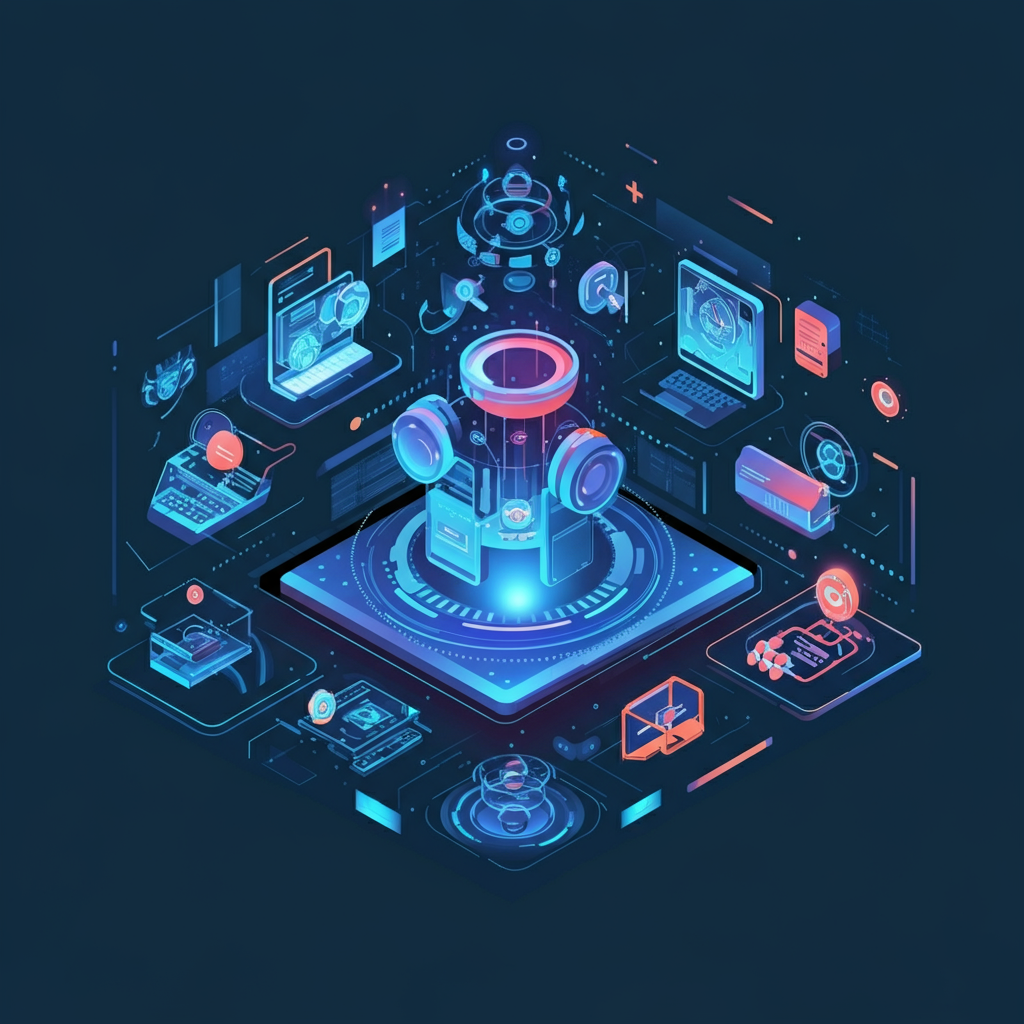The digital world thrives on visibility, and at the heart of this visibility lies Search Engine Optimization (SEO). From ranking at the top of Google to driving valuable traffic, SEO touches almost every aspect of a brand’s online presence. But what does this mean for those considering a career in SEO? Is it still a promising field in 2025?
Whether you’re an aspiring SEO professional, a digital marketer refining your link-building strategy, or a website owner eyeing better rankings, this blog will demystify where SEO stands in 2025. We’ll explore why it’s more than just impactful; it’s future-proof.
What is EEAT in 2025?
What is EEAT?
EEAT stands for Experience, Expertise, Authoritativeness, and Trustworthiness. It’s Google’s way of evaluating the quality and credibility of content to ensure that searchers receive accurate and valuable information. While introduced earlier, its relevance in 2025 has escalated thanks to user demand for quality over quantity.
Why EEAT Matters for SEO Careers
If you’re pursuing an SEO career, understanding EEAT is non-negotiable. It isn’t just about ranking high anymore; it’s about becoming the go-to source in your niche. Websites that excel in EEAT attract not only ranking boosts but also user trust. For SEOs, this means jobs with greater responsibility like refining content, enhancing website authoritativeness, and executing trustworthy link-building strategies.
How Google Evaluates EEAT
Google assesses EEAT by analyzing various signals, such as backlinks from credible sources, a recognizable author byline, and accurate, user-focused content. Link-building plays a crucial role here, as relevant, authoritative links are one of the strongest EEAT indicators.
Common Link-Building Mistakes to Avoid
Link-building, while essential for boosting EEAT, can be a double-edged sword if not done ethically. These are the pitfalls that even seasoned SEOs need to watch for in 2025.
Buying Links
While it may seem like a quick win, purchased links are a black-hat tactic that Google penalizes extensively. It doesn’t matter if they’re from high-DA (Domain Authority) sites; if Google detects unnatural link patterns, your rankings will nosedive.
Participating in Link Schemes
Reciprocal linking or link farms may still seem tempting to some, but rest assured, Google’s algorithms are now too smart to overlook this tactic. Working within a scheme gives SEO a bad reputation, and it’s a risk not worth taking for your career.
Ignoring Content Quality
A stellar link with average content? No dice in 2025. Link-building efforts must align with top-notch content. Poorly written or irrelevant content linked to authoritative domains can confuse search engines and users alike, hurting both your SEO and your EEAT score.
Future-Proof Link Building Strategies for 2025
Where link-building was once about quantity, in 2025, it’s all about quality, relevance, and sustainability. Here’s how to future-proof your strategies.
Creating High-Quality, Valuable Content
The easiest way to attract links? Create content worth linking to. Think in-depth guides, original research, or interactive visuals like infographics and videos. When your content truly solves a reader’s problem, backlinks come organically.
Building Relationships with Industry Experts
Connecting with thought leaders and niche experts can open doors to collaborations, guest posts, and authoritative mentions. Attend webinars, join communities, or reach out with personalized pitches. Relationships make link-building in 2025 both effective and enriching for your EEAT.
Focusing on Relevance and Context
Google favors links that are not just high-authority but also contextually appropriate. For instance, a food blog linking to a tech site? That raises red flags. Ensure your links are from domains or pages relevant to your content topic.
Case Studies Successful Link Building in 2025

Nothing speaks louder than real-world examples. Here are a couple of case studies showcasing how businesses nailed link-building in 2025.
Case Study 1 Organic Growth through Interactive Content
A fitness brand created a free, interactive BMI calculator on its website. The tool collected 200 unique backlinks over three months simply because of its utility. The key takeaway? When you add practical value to your content, backlinks follow organically.
Case Study 2 Relationships through Collaboration
An ecommerce company in the beauty niche partnered with five top beauty bloggers. They offered free samples to get honest reviews and backlinks, resulting in 20 high-quality links and a 35% increase in website traffic. This illustrates the power of genuine collaboration.
Tools and Resources for Link Building in 2025
Whether you’re a beginner or a seasoned professional, these tools can ease and optimize your link-building process.
| Tool | Purpose |
|---|---|
| Ahrefs | Backlink analysis and keyword tracking |
| SEMrush | Domain rankings, link metrics |
| Moz Link Explorer | Assess link quality and potential opportunities |
| BuzzSumo | Find content trending in your niche |
| Grammarly & Jasper AI | Improve content quality and SEO-readiness |
Bookmark these resources to build data-backed, effective link strategies.
Frequently Asked Questions
1. Is SEO still a viable career in 2025?
Absolutely! SEO remains one of the most dynamic fields for digital marketers, combining creativity with analytics. The rise of AI-powered tools and a deeper focus on user behaviors make it an even more exciting space.
2. What is the average salary for SEO professionals?
Salaries vary by location and expertise. Entry-level roles may start at $45,000 annually, while senior consultants earn upwards of $100,000.
3. What skills are crucial for an SEO career?
You’ll need analytical skills for interpreting data and trends, creativity for content strategies, and adaptability to stay ahead in a rapidly evolving field.
4. How do I get started in an SEO career?
Begin with a foundational understanding of search algorithms. Free resources from platforms like Google, Moz, and Coursera help greatly. Hands-on projects or contributions to blogs can also increase your expertise and portfolio.
5. Can AI replace SEO professionals?
Unlikely. While AI can automate technical tasks, the nuanced strategies and human understanding of audience intent require skilled professionals.
The Future of SEO Careers
With the internet expanding every second, SEO is not just an opportunity; it’s a necessity. The driving force behind visibility, credibility, and trust, SEO offers a career filled with innovation and influence.



